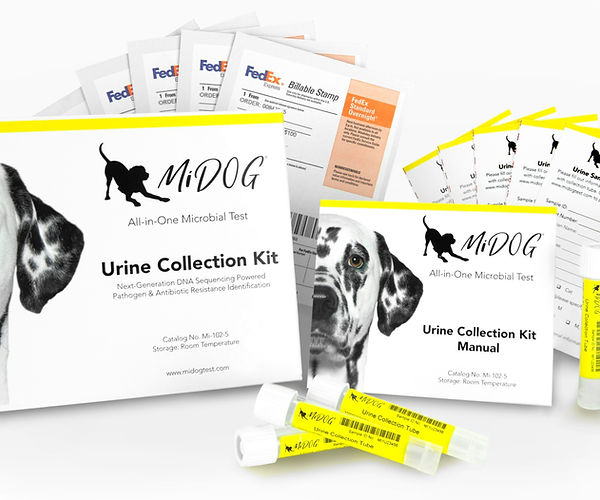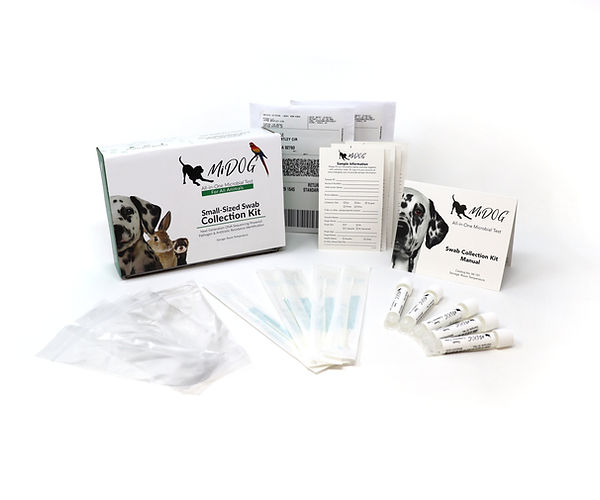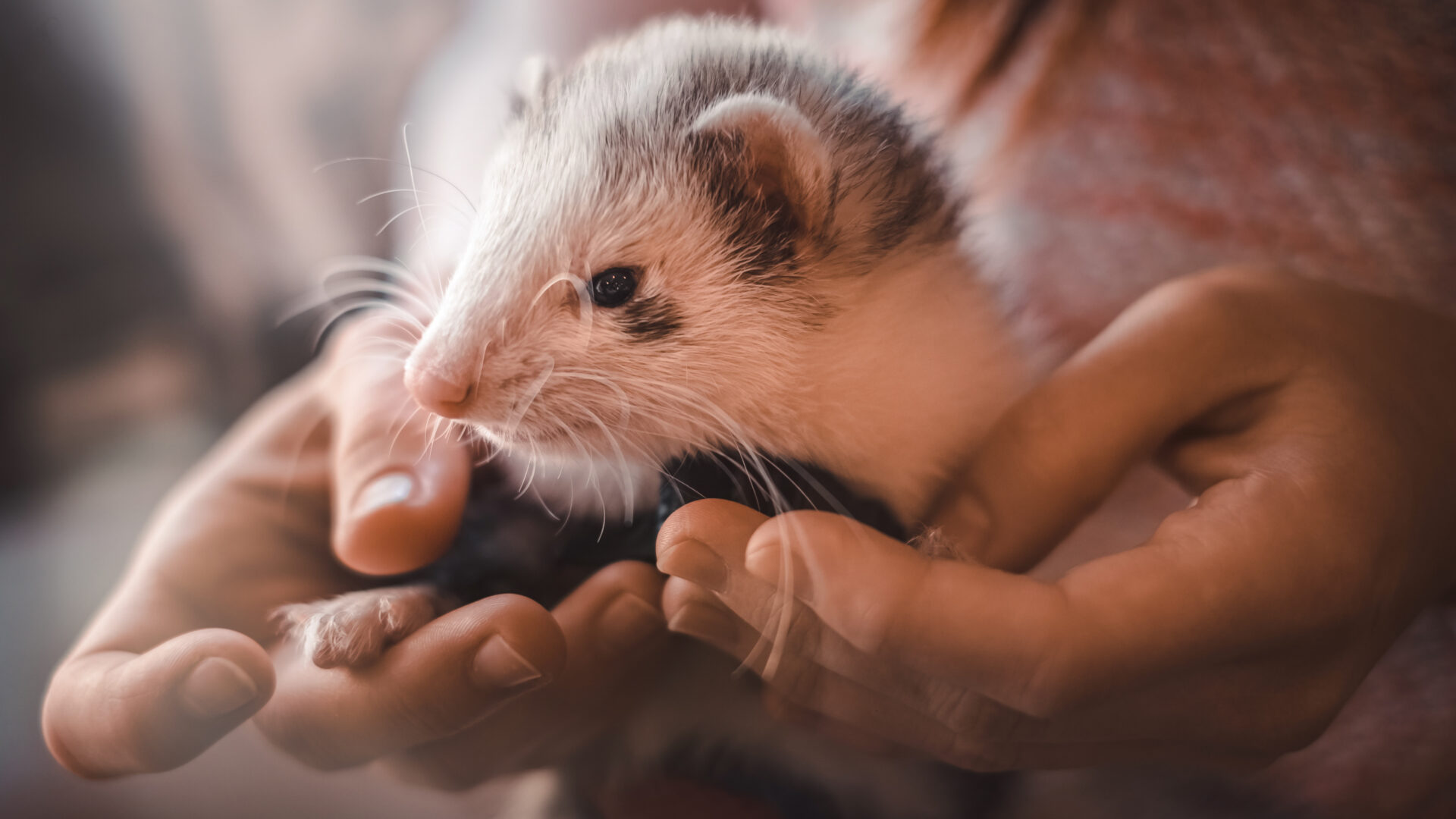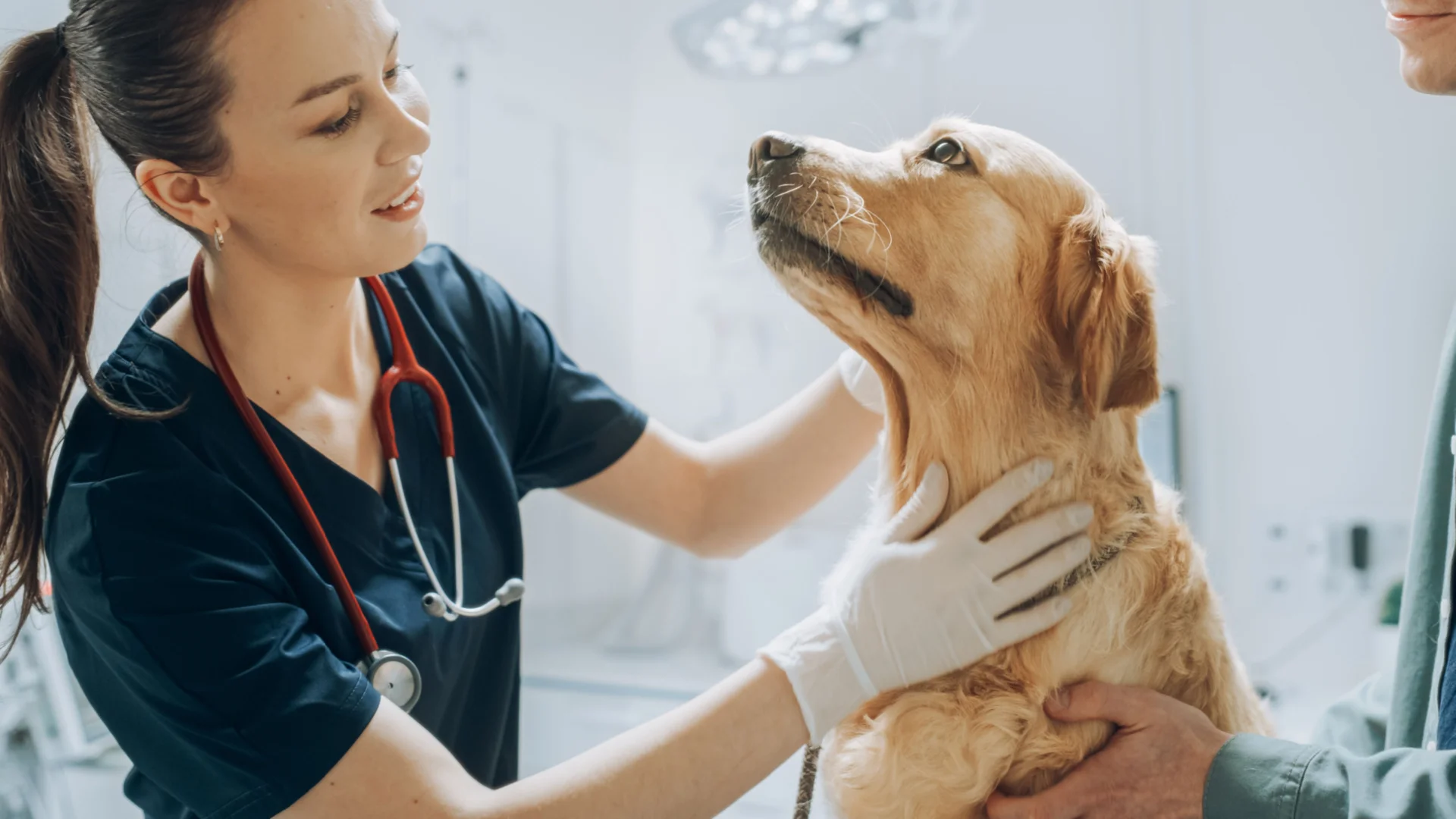Did you know that ferrets are predisposed to a variety of renal diseases? Their unique physiology includes low levels of creatinine, which can cause urogenital issues pet owners need to be on the lookout for. If your ferret seems to be straining to urinate, it is worthwhile to take your furry friend to a ferret veterinarian since your ferret may have a urinary tract infection. Urinary tract infections are painful and if left untreated can result in dangerous urogenital complications, so early identification and intervention are beneficial.
Urinary Tract Infections in Ferrets
Urinary tract infections occur when bacteria attack and colonize the urinary bladder and/or upper portion of the urethra. Urinary tract infections present most often in older ferrets[1]. The condition is painful and causes inflammation of the urethra and bladder [2]. A condition known as urolithiasis can also predispose ferrets to urinary tract infections, as the inflammation may leave the ferret susceptible to secondary bacterial infections. Urinary tract infections are life-threatening and need to be addressed by a veterinarian as soon as possible. Here are some common symptoms associated with ferret urinary tract infections:
- Cloudy/smelly urine
- Blood in urine
- Strained urination
- Urinary incontinence
- Alopecia
Treatment of Urinary Tract Infections in Ferrets:

If you think your ferret may have a urinary tract infection, the best thing you can do is get a quick and accurate diagnosis from your vet as soon as you notice symptoms. Delay in care puts your furry friend at risk for severe complications, as urinary tract infections can travel to the kidneys, heart, or elsewhere. Fortunately, the outlook for recovery is good pending appropriate antibiotic administration. An antibiotic treatment plan will likely be advised, and your veterinarian may provide dietary lifestyle changes to help [3].
Advancements in Ferret Urinary Tract Diagnostics
Considering the importance of understanding if the bacterial profile of your ferret’s urinary tract infection, diagnostic tools are critical in delivering quality clinical care. Urease-producing bacteria are of particular concern, and consequently, the antibiotics used should be chosen to most efficiently target opportunistic pathogens (such as Staphylococcus or Proteus) [3]. Although culture-based urinalysis has historically been lauded as the convention, scientific research has provided increasing evidence for the diagnostic benefits of Next-Gen sequencing (NGS) technology. Conventional urinalysis has significant limitations in sensitivity to various microorganisms, as many remain undetected by culture methods [5]. The inability for culture-based urinalysis to detect various microorganisms can result in “no growth” cultures despite symptomatic UTI presentations [5]. This is particularly problematic in cases of antibiotic-resistant strains of opportunistic pathogens, and so having the diagnostic knowledge to assign appropriate medical intervention is key [6].
The MiDOG All-in-One Microbial test utilizes NGS technology to detect and quantify microbial DNA through untargeted and comprehensive sequencing and quantitative comparisons to reference databases [5]. Considering urine is non-sterile in both health and disease states, the MiDOG NGS technology provides a useful opportunity to shed light on the microbial makeup of your ferret’s urine for clinical application [5,7]. The MiDOG microbial test is grounded on scientific research that provides veterinarians DNA evidence for the guided treatment of ferret infections. A MiDOG microbial test provides the technologies for the accurate identification of all microorganisms within a pet’s sample, independent of culturing.

The MiDOG Urine Collection Kit is a useful tool to help diagnose your dog’s urinary infection.
Find out if your vet uses MiDOG before you book your next appointment!
For health-related questions about your ferret or other exotic pet, reach out to a veterinarian that specializes in exotic pets.
References:
[1] Di Girolamo, N. (2020). Disorders of the urinary and reproductive systems in Ferrets. Ferrets, Rabbits, and Rodents, 39-54. doi:10.1016/b978-0-323-48435-0.00004-6
[2] Wolf, T. M. (2009). Ferrets. Manual of Exotic Pet Practice, 345-374. doi:10.1016/b978-141600119-5.50016-0
[3] Brown, S. A. (2013, October). Urolithiasis in small animals – urinary system. Retrieved March 11, 2021, from https://www.merckvetmanual.com/urinary-system/noninfectious-diseases-of-the-urinary-system-in-small-animals/urolithiasis-in-small-animals
[4] Orcutt, C. J. (1998). Emergency and critical care of ferrets. Veterinary Clinics of North America: Exotic Animal Practice, 1(1), 99-126. doi:10.1016/s1094-9194(17)30157-3
[5] Krumbreck, J., 2021. Canine Urin Microbiome: Assessment of Bacterial and Fungal Populations in Clinically Healthy Dogs Using Next-Generation-Sequencing. Journal of Veterinary Internal Medicine.
[6] Hall, J., Holmes, M. and Baines, S., 2013. Prevalence and antimicrobial resistance of canine urinary tract pathogens. Veterinary Record, 173(22), pp.549-549.
[7] Burton, E., Cohn, L., Reinero C., et al. 2017. Characterization of the urinary microbiome in healthy dogs. PLoS One, 12: e0177783.

Find out if your vet uses MiDOG before you book your next appointment!
Categories: Ferrets, Next-Gen DNA Sequencing Technology, Urinary Tract Infection (UTI)

